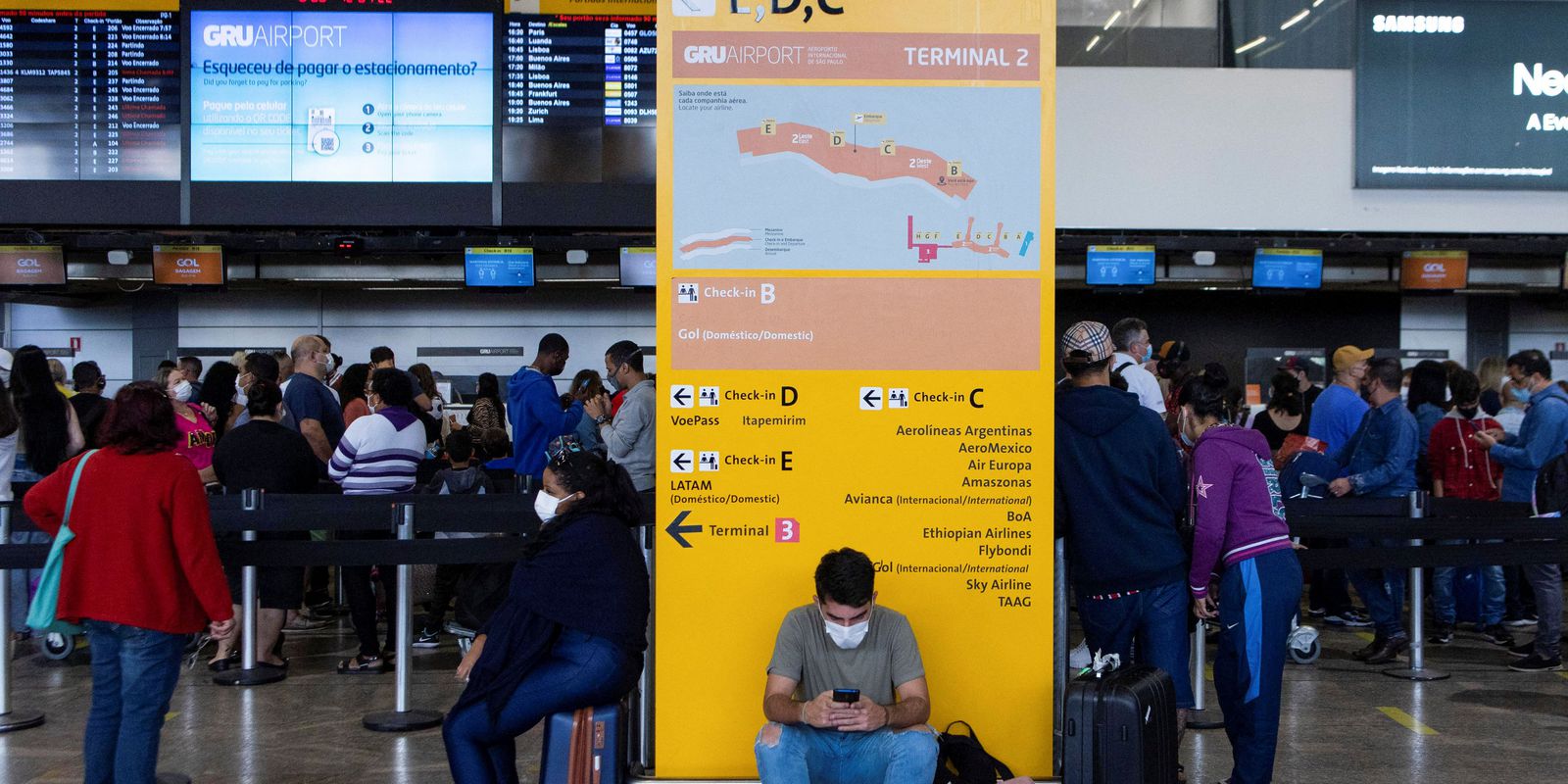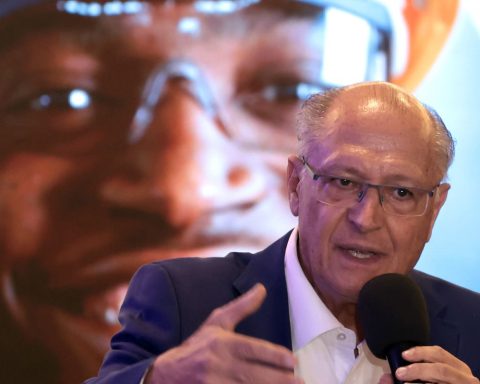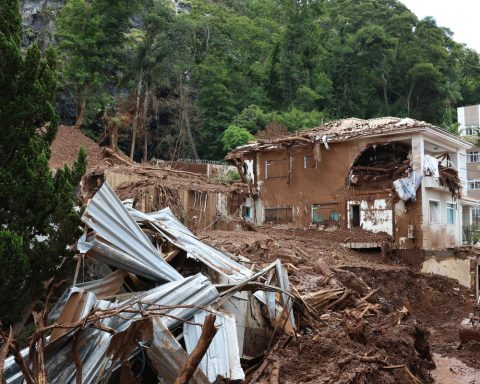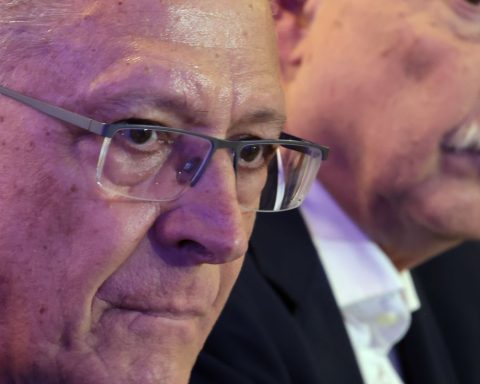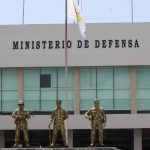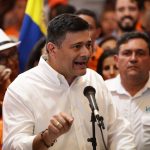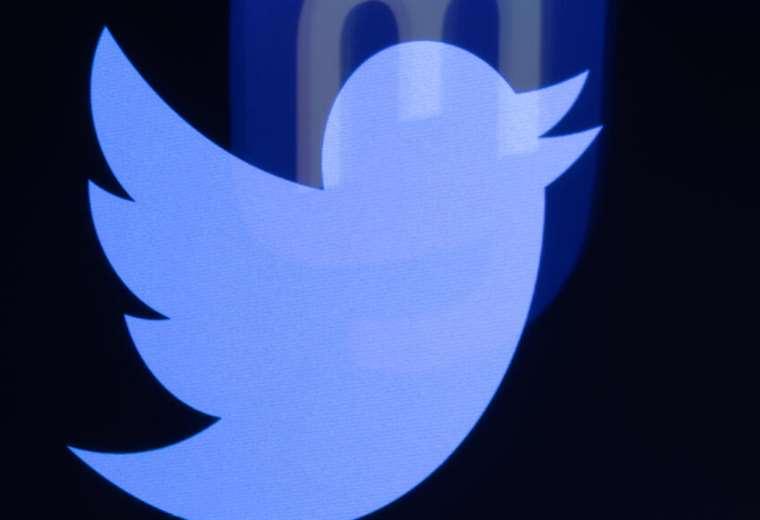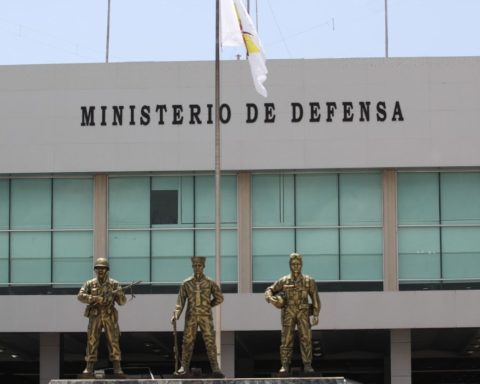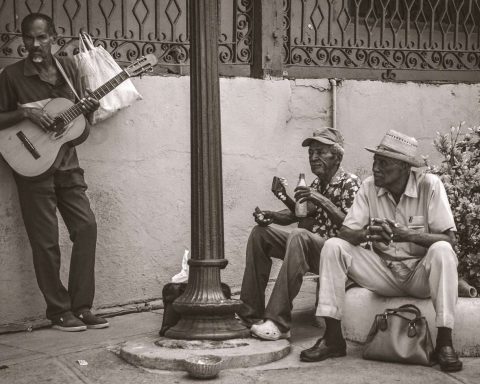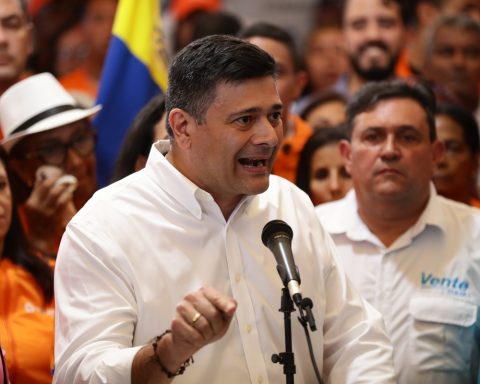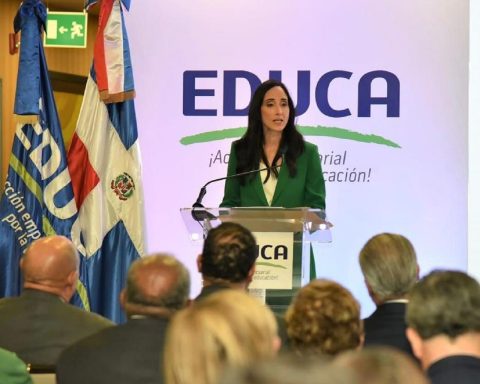As of today (25), the use of face protection masks is once again mandatory on planes, airports, means of transport and other establishments located in the terminal area. The decision was taken by the National Health Surveillance Agency (Anvisa) earlier this week, aiming to reduce the risk of contagion of covid-19, given the significant increase in cases of the disease in recent weeks.
According to Anvisa’s decision of May 13 of this year, the possibility of in-flight services on domestic flights remains maintained. In this way, it will be allowed to remove the mask for hydration and food inside the aircraft, as well as in food courts or areas intended exclusively for meals in terminals and other airport environments.
According to the resolution approved by the Collegiate Board of Anvisa, masks must be used adjusted to the face, covering the nose, chin and mouth, minimizing spaces that allow the entry or exit of air and respiratory droplets.
The standard prohibits the use of acrylic or plastic masks; masks equipped with exhalation valves, including N95 and PFF2; scarves, cloth bandanas or any other material that is not characterized as a protective mask for professional use or non-professional use; face shield (face shield) in isolation; protective masks for non-professional use made with only one layer or that do not comply with the minimum manufacturing requirements, provided for in ABNT PR 1002 standard??
The obligation to use masks will be waived in the case of people with autism spectrum disorder, with intellectual disabilities, with sensory impairments or with any other disabilities that prevent them from making the proper use of face protection masks, as well as in the case of children under 3 years old.
Finally, the approved norm provides that, in vehicles traveling for boarding or disembarking in a remote area, travelers and drivers maintain the mandatory and proper use of face masks.
Epidemiological scenario
To support the decision, Anvisa held a meeting with experts on the current epidemiological scenario of covid-19 in Brazil. Representatives of the Brazilian Society of Infectious Diseases, the National Council of Health Secretaries, the National Council of Municipal Health Secretaries, the Oswaldo Cruz Foundation and the Brazilian Association of Collective Health, as well as epidemiologists Carla Domingues and Wanderson Oliveira, participated.
“The participants of the meeting stressed that epidemiological data demand the return of non-pharmacological protective measures, such as the use of masks, mainly in public transport, airports and closed/confined environments”, explained the agency at the time.
The entity highlighted that the use of masks was foreseen as a recommendation since August of this year, mainly for people with flu-like symptoms and for the most vulnerable public, such as immunocompromised people, pregnant women and the elderly.
In addition to current epidemiological data, behavior with seasonal characteristics of the pandemic was also considered by Anvisa. “In recent years, an increase in transmission of the virus in the period from November to January has been observed in Brazil, a situation that can be aggravated by the expected greater flow of travelers, who travel through airports for school holidays and year-end parties. ”, added the agency.
Anvisa recalled that it acts, once again, within its legal competences and “adapting the current rules in proportion to the risk to the health of the population”. “The agency will remain attentive, evaluating and monitoring epidemiological data, so that the measures can be revisited whenever necessary, with a view to fulfilling its mission in protecting people’s health”.
